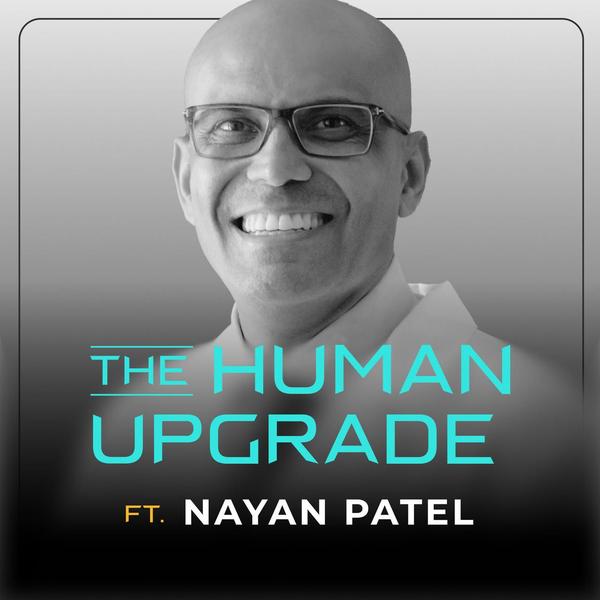#087 The Science of Magnesium and Its Role in Aging and Disease | Dr. Rhonda Patrick
Rhonda Patrick
Mar 19, 2024
Mindsip insights from this episode:
Understand variability in nutrition studies to interpret results
Nutritional trials often yield mixed results because, unlike drug trials, participants start with varying baseline levels of the nutrient, which can mask the supplement's true effect.
Manage stress to preserve magnesium levels
Mental and physical stress cause the body to mobilize and then excrete magnesium through urination, leading to a gradual depletion of the body's stores.
Consider Magnesium OM and Magnesium Glycinate for optimal supplementation
The speaker personally takes a supplement with multiple forms of magnesium, mentioning Magnesium OM by Moon Juice and Magnesium Glycinate by Pure Encapsulations.
Reevaluate magnesium threonate for daily magnesium needs
Magnesium threonate is not the best option for meeting daily magnesium needs as it contains a very low amount of elemental magnesium and its brain health benefits are not well-established in humans.
Enhance magnesium bioavailability through heating and sprouting
You can increase magnesium bioavailability from plant sources like oats, leafy greens, and legumes by heating, sprouting, or germinating them to activate phytase enzymes.
Prioritize magnesium intake to support long-term health functions
The triage theory of aging suggests that with low magnesium intake, the body sacrifices long-term health functions like DNA repair for short-term survival needs.
Ensure adequate magnesium for effective vitamin D utilization
Inadequate magnesium intake may hinder the body's ability to utilize vitamin D effectively, even if vitamin D intake from supplements is sufficient.
Increase magnesium intake to reduce pancreatic cancer risk
In one observational study, every 100-milligram-per-day decrease in magnesium intake was associated with a 24% increase in pancreatic cancer incidence.
Take 600 milligrams of magnesium daily to reduce migraine frequency
Randomized controlled trials suggest a dose of around 600 milligrams of magnesium per day, taken in divided doses, can effectively reduce the frequency and intensity of migraines.
Increase magnesium intake to boost brain volume and reduce aging effects
An observational study found that a higher dietary magnesium intake of around 550 milligrams per day correlated with larger brain volumes, equivalent to about one year of reduced brain aging.
More from
Rhonda Patrick
#108 The Best Type of Exercise for Longevity
#104 Dr. Ben Bikman: How To Reverse Insulin Resistance Through Diet, Exercise, & Sleep
#103 A Deep Dive on Using Coffee For Health & Longevity (Full Guide & Research)
#102 Why Vitamin D Deficiency Accelerates Brain Aging
#101 Dr. Andy Galpin: The Optimal Diet, Supplement, & Recovery Protocol for Peak Performance
You also might be interested in
I Tried $50 Brain Boosting Powder
Everything You Need To Know About SEED OILS (Including One Cool "Trick" To Make Them Less Damaging), With Dr. Nick Norwitz
A Supplement ACTUALLY Proven to Prevent Cancer!
Are Urolithin A Longevity Supplements worth your Money? [New Study]
The Real Reason Your Face Is Aging So Fast
















